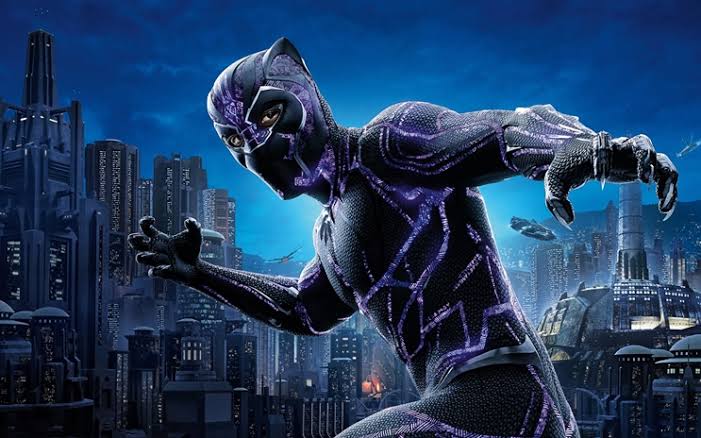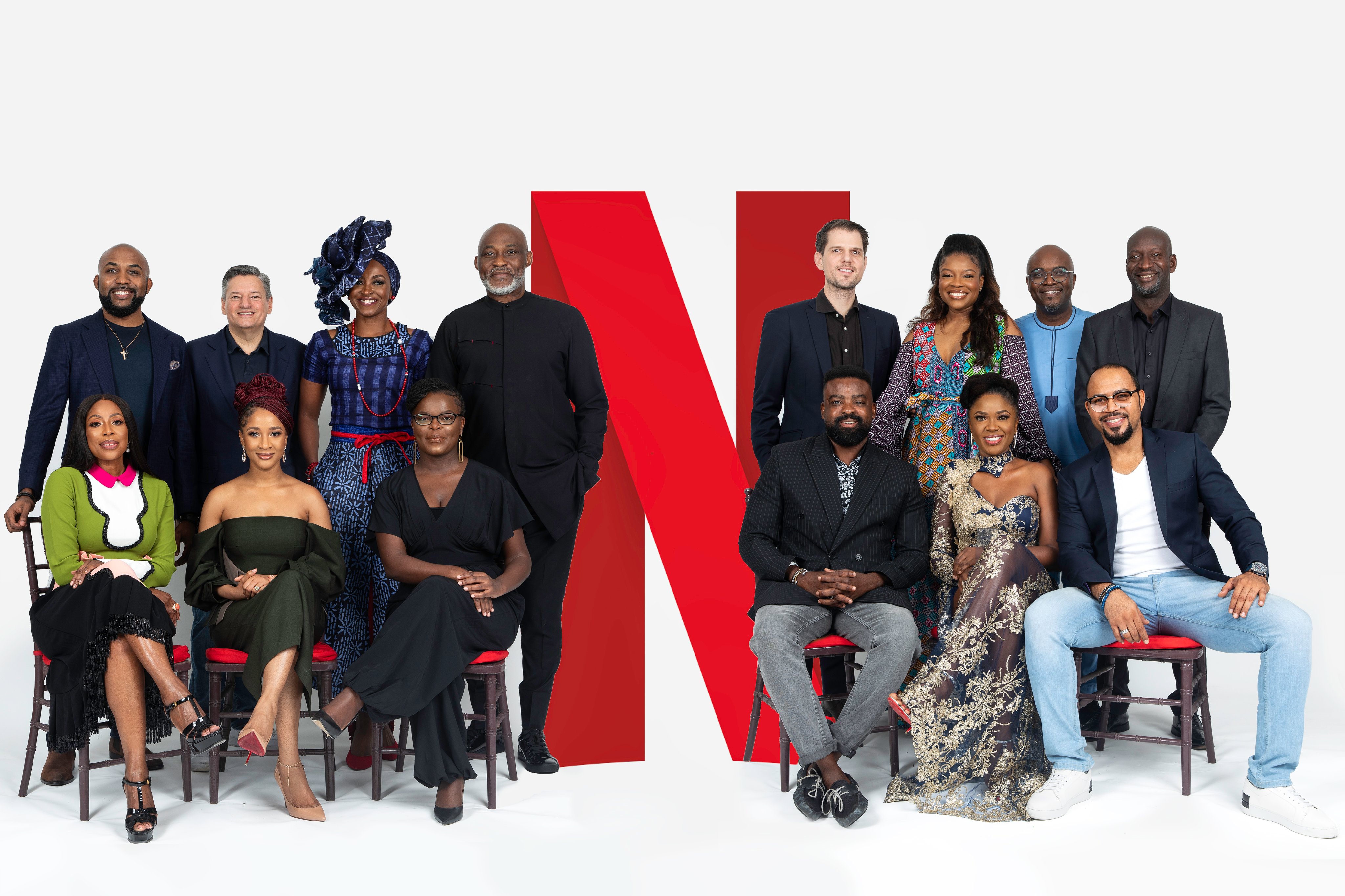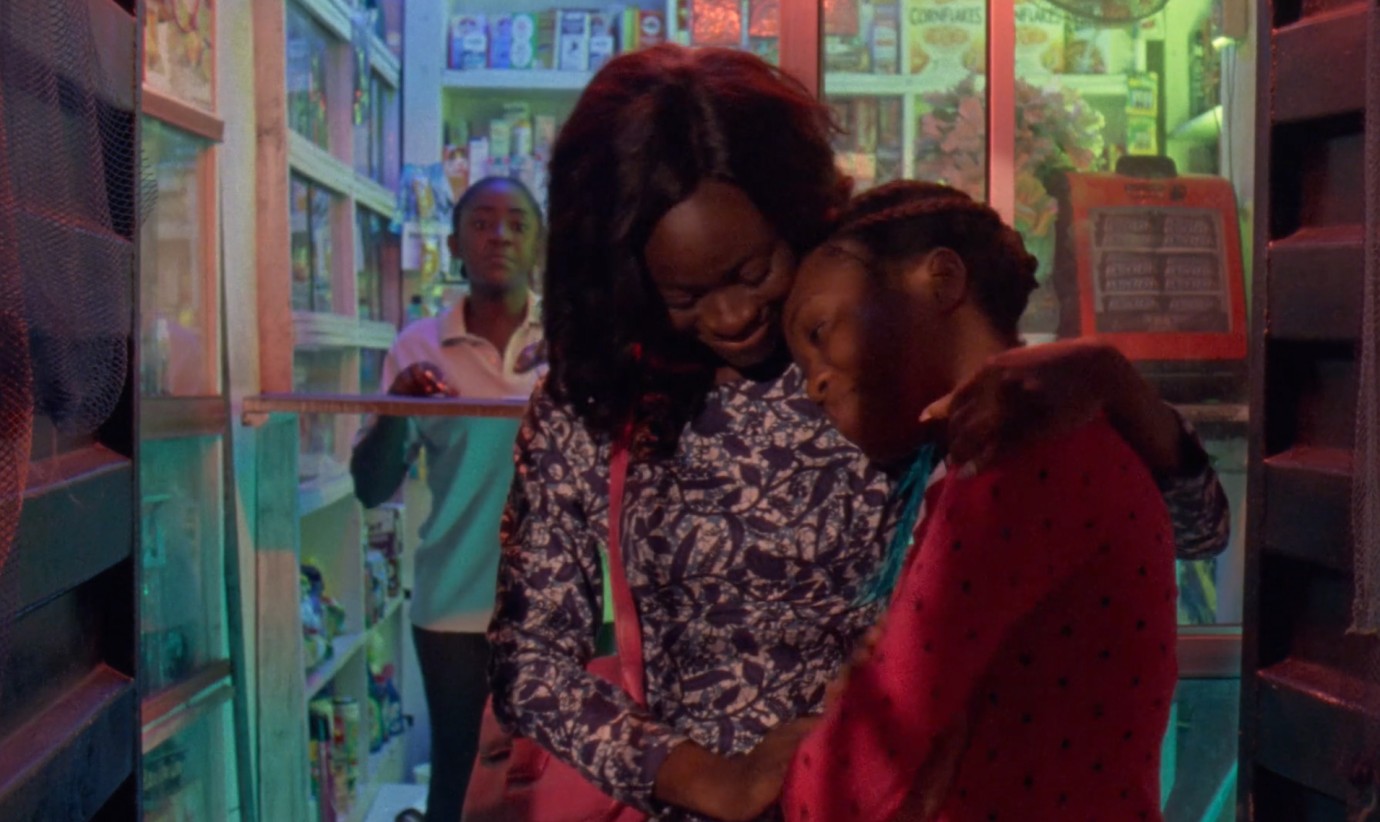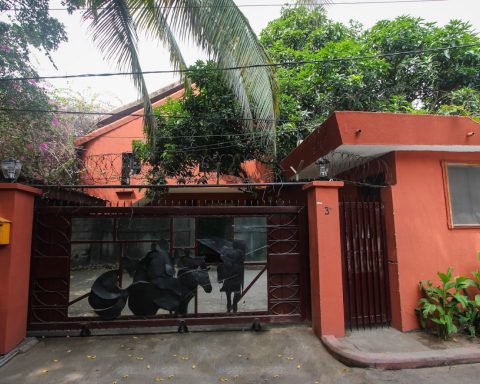February 2020 marks the second anniversary of the release of the Ryan Coogler directed solo debut of Africa’s representative in the Marvel Cinematic Universe – the Black Panther. Black Panther made comic book movie history by raking in three awards at the Oscars – making it the first movie in the current Marvel cinematic universe to gain success at the Oscars as well as grossing a billion dollars within less than a month. The influence it had on popular culture was largely unparalleled at the time. The movie provided some much needed and much demanded diversity in a fast-growing cinematic universe like the one Marvel is building. As a result, Africans trooped out in multitudes (myself included) to cinemas across the world to view the movie as soon as it was released.
Vivid storytelling is an important aspect of the African ethos. Africa boasts of a crop of legendary authors who told stories about African society and the stories that pertained to the struggles of slavery and freedom.
They include the great Chinua Achebe, Ngugi wa Thiong’o, Buchi Emecheta, Ayi KweiArmah, Mariama Bâ, Chimamanda Adichie and Ben Okri to name a few. These authors kept the art of storytelling alive on the continent and are to be thanked for the relevance of the African story at large.

Legends are typically passed down from generation to generation via the method of storytelling so it was no surprise that the film opened with a narrated tale about the legend of the black panther and the heart shaped herb. That alone helped it score points for originality, but the Black Panther did more than tell African folk stories and legends, it described the actual situations that Africa needs to tell about and it’s safe to say that the writers (Ryan Coogler, Joe Robert Cole and Stan Lee)understood the necessity and the weight of the stories that needed to be told and the topics that needed to be addressed.
Black Panther’s principal setting is Wakanda, a self-sufficient fictional civilization, hidden from the rest of the world. Wakanda presents the image of another third world country to the onlooking world, while using advanced technology to mask its true status as the most advanced and richest nation in the world, with an overflowing reserve of vibranium.

The prosperous and self-dependent nature of Wakanda is the fictional manifestation of the dream of African visionary – Thomas Sankara of Burkina Faso (or Republic of Upper Volta as it was known as). Some parallels can be drawn between Sankara’s vision and policies and the nation of Wakanda. He aimed to have an independent economy like Wakanda and he sought to empower women and he appointed them in high ranking positions like Wakanda did with Okoye and the Dora Milaje. In a very subtle way, Sankara’s story was being told by the movie’s presentation of the fictional city of Wakanda.
Sharing the lead character’s title with the African-American Black Panther Party movement, Black Panther uses the theme of Pan-Africanism to tell its story. The focal villain of the movie – Erik Stevens (or Killmonger) is propelled by similar motiveswith every Pan-African movement ever.
The story has been told repeatedly – The African continent was conquered, weakened and subjected to slavery and torture by foreigners and out of all this, the problems of racism and segregation were born.
In the film, Erik is intent on levelling the playing field for Africans all over the world by supplying Wakanda’s superior artillery to Africans in the diaspora to fight back, exposing the hidden superpower that Wakanda is. In principle, this idea was not wrong and it prompted many to ask what the harm was in arming the oppressed with tools to fight the oppressor. It also brilliantly blurred the lines between villainy and altruism/heroism.

Many viewers were left scratching their heads and asking if he was really the bad guy. Eventually, T’Challa – the Black Panther opposes Erik and prevails and more diplomatic means are used to expose Wakanda to the world and support Africans everywhere. Whatever camp you choose to pitch your tent in – Erik’s or T’challa’s, there is no denying that the issues they had to address were real ones and the movie did a good job at presenting the duality of the situation to the world.
The incursion of Caucasians to plunder African resources is a real-life topic that the movie describes through the character of Ulysses Klaue – a white arms dealer who is secretly aware of Wakanda’s abundant reserve of vibranium – an extremely valuable fictional metal. Klaue’s obsession with vibranium leads him to steal a Wakandan artifact made of vibranium to sell on the black market. The entire arc surrounding Klaue was intended to tell the age-old story of white colonialists stealing from Africa for monetary gain. It’s a very common theme in contemporary African storytelling because while these events are in the past, it is important for the current generation and the ones to follow to understand colonial history with its many injustices and how it trickles down into today’s world.
These stories serve as the connections between generations and the importance of the themes within them cannot be overstated.
The movie separates the arc of Eric and T’challa’s methods of supporting their African counterparts in the diaspora and this one and it gives the movie a lot of depth because they are connected topics and the topics subtly slide into each other as characters like T’Challa, Klaue and Erik interact with each other.
Africa is a continent, overflowing with captivating stories that deserve wider exposure and ardent observation. Africa also has an abundance of talented storytellers and going forward, the major forces in the international film industry need to search deeper into the continent for profound content.











